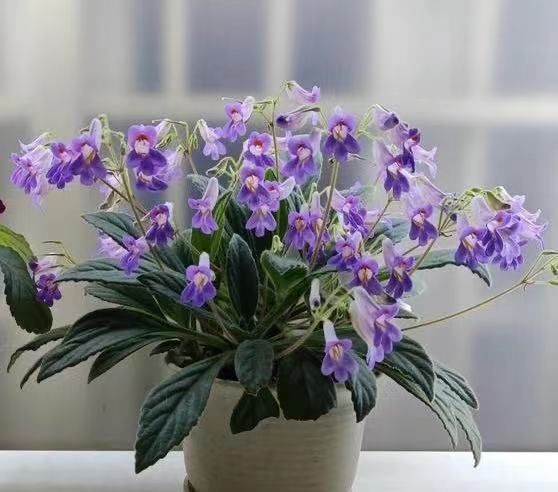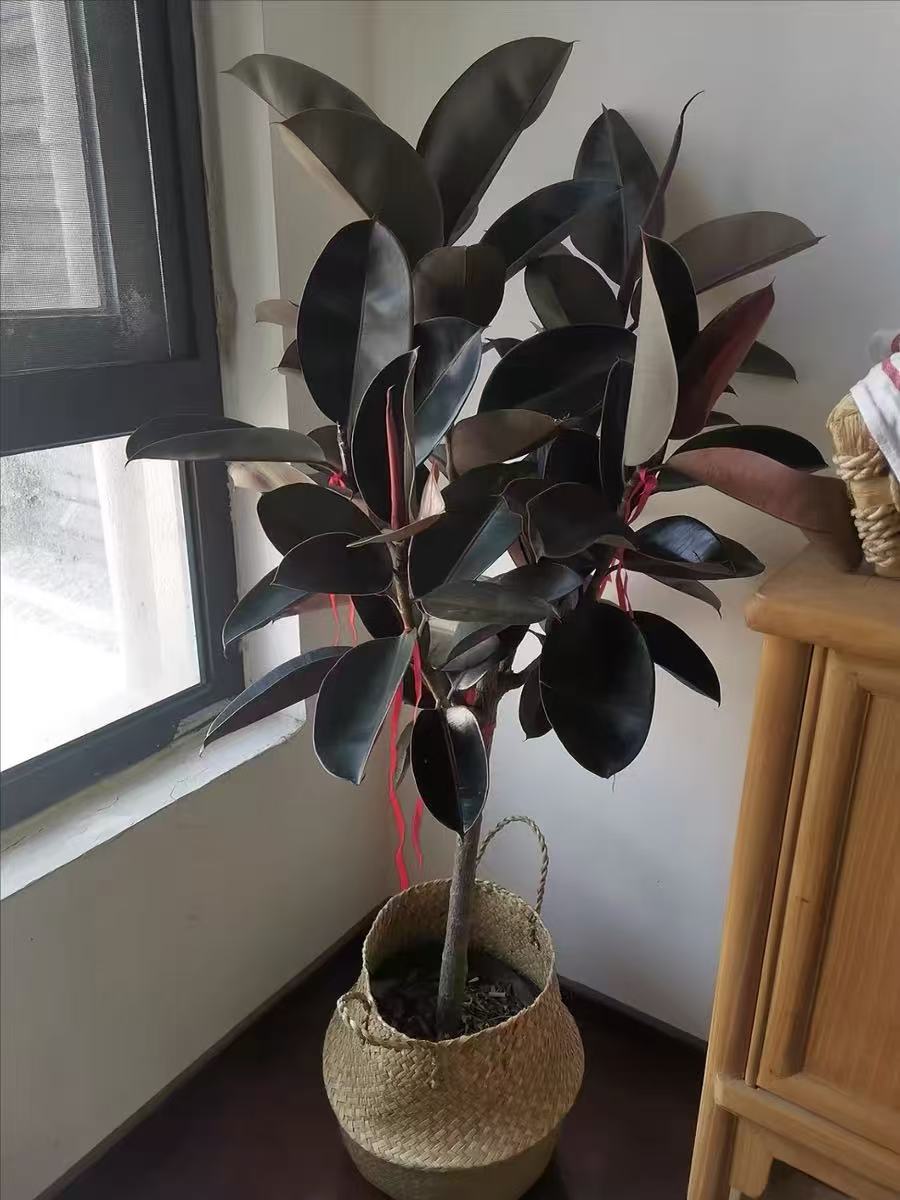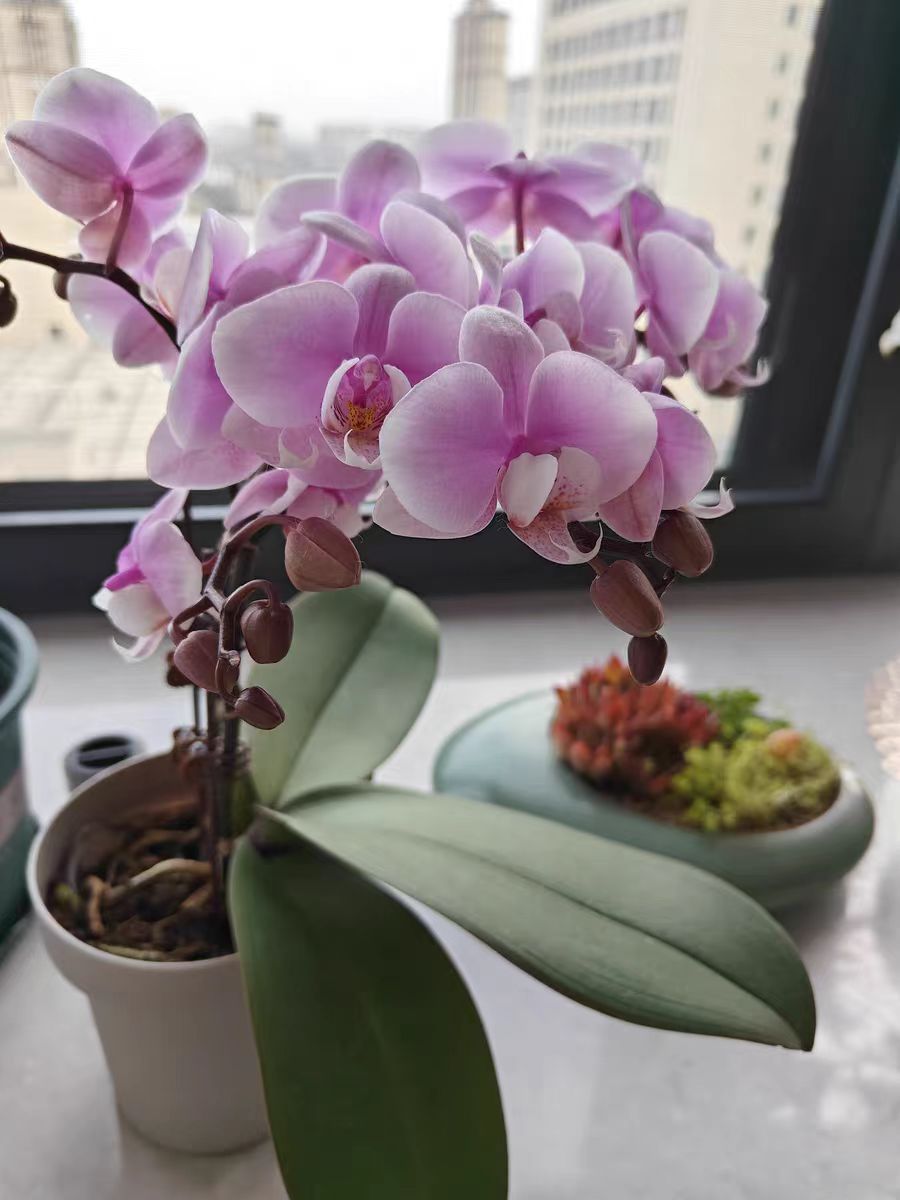In the fast-paced modern life, indoor green plants have become an indispensable part of many families and offices. However, as plants grow, pest problems also follow. Facing the invasion of pests, many people think of using chemical pesticides at the first time. However, these pesticides often contain toxic ingredients and pose a potential threat to human health and the environment. This article will introduce several natural methods to prevent pests and help you learn to organically maintain indoor plants.
Cleaning and inspection
Regularly cleaning plant leaves to remove dust and hidden eggs is the first step in preventing pests. At the same time, carefully inspect the plant roots, the back of leaves and the soil surface to detect and deal with pests in time.
Isolate infected plants
Once a plant is found to be infected with pests, it should be immediately isolated from other plants to avoid the spread of pests. For severely infected plants, consider pruning the damaged parts or replacing the whole plant.
Using microorganisms
Some bacteria, fungi and other microorganisms have a lethal effect on specific pests. By spraying biological agents containing these microorganisms, the purpose of preventing pests can be achieved. This method is relatively safe and environmentally friendly, but it needs to be used correctly according to the instructions.
Cigarette butt water
The solution obtained after filtering the cigarette butt soaked in water has a certain preventive effect on pests such as aphids and red spiders. When using, an appropriate amount of cigarette butt water can be sprayed on plant leaves. Note that the concentration should not be too high to avoid harming plants.
Soap water
Because soap water has the function of destroying the waxy layer on the surface of pests, it is widely used to prevent pests such as aphids and whiteflies. When making it, a small amount of soap can be dissolved in warm water and sprayed on plants after fully stirring. Note that soap water may affect the photosynthesis of plant leaves. After use, the leaves need to be rinsed with clean water.
Pepper water
Capsaicin in peppers has a repellent effect on many pests. The pepper water obtained after filtering the dried peppers cut into pieces and soaked in warm water can be used to spray plants to effectively prevent pests from invading. However, pepper water may cause irritation to some plants. When using it, a small-scale test should be conducted first.
Essential oils and herbal extracts
Some plant essential oils and herbal extracts such as lavender oil, peppermint oil, neem oil, etc. have a strong repellent and killing effect on pests. These natural substances are not only environmentally friendly and non-toxic, but also can add a pleasant fragrance to the room. When using, an appropriate amount of essential oil or herbal extract can be mixed with clean water or base oil and then sprayed on plants.
Ventilation
Maintaining good ventilation and air permeability conditions indoors helps reduce air humidity and temperature and reduce pest breeding. Open windows regularly for ventilation or use an air purifier to keep the indoor air fresh.
Reasonable lighting
Arrange lighting time and intensity reasonably according to the light-loving nature of plants. Too strong or too weak lighting may affect the growth status of plants and reduce their resistance to pests.
Adopting natural pest prevention methods can not only effectively protect indoor plants from being damaged by pests, but also reduce harm to the environment and human body. It is recommended to use natural pest prevention methods as much as possible and reduce the use of pesticides.
How to prevent pests in indoor planting?

Share with
Tagged in :




Leave a Reply